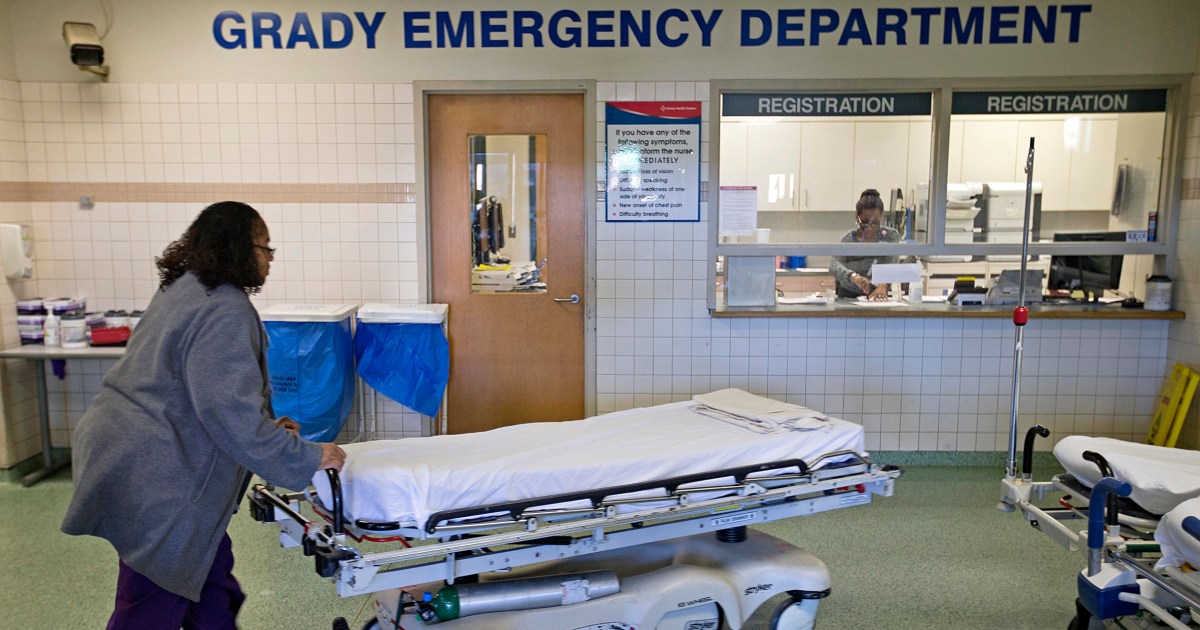
Latinos who went to an emergency room reporting chest pain had to wait about half an hour longer than people of other races or ethnicities to receive care, according to a new study from the Morehouse School of Medicine in Atlanta.
The preliminary research will be presented Friday evening during the American Heart Association’s Quality of Care and Outcomes Research Scientific Sessions 2022.
The study’s lead author, Dr. Katiria Pintor Jimenez, an internal medicine resident at Morehouse, and five other researchers analyzed the 2020 medical records of more than 11,000 people who arrived at the Grady Memorial Hospital emergency room in Atlanta with chest pain.
Latinos reporting chest pain represented a little less than 5 percent of the records analyzed.
“Chest pain is basically a very kind of alarming complaint that patients come in with because it can be coming from the heart or coming from the lungs,” Pintor Jimenez told NBC News. “It’s something that needs to be addressed as quickly and efficiently as possible.”
A delay that can be ‘detrimental’
Her research found that Latinos had to wait 99 minutes on average to be treated. That’s almost 40 percent longer than non-Hispanic people, who had to wait an average of 71 minutes.
Hispanic people were also admitted to the hospital slightly more often than people of all other races or ethnicities. Each time they had to wait an average of about 86 minutes, nearly twice as long as others.
These delays could have adverse consequences in the overall outcome and well-being of Latino patients, Pintor Jimenez said.
“If we delay a diagnosis or if we delay treatment or management of the patient, that can be detrimental to their health,” she said, adding that the patient’s experiences with health care greatly determine how likely they are to seek it or ensure appropriate management of any pre-existing conditions.
Latinos were, on average, younger and had lower blood pressure compared to all other people treated for chest pain in the emergency room — including white, Black and Asian people, according to the study. Hispanic women were also 58 percent more likely to arrive at the emergency room reporting chest pain than Hispanic men.
The researchers identified immigration status, lack of insurance, language barriers, and a lack of Hispanic health care professionals who may be more culturally sensitive and aware of the needs of Latino patients as factors that be may be contributing to persistent delays, Pintor Jimenez said.
Their research also shows that Latinos were nearly three times more likely to be uninsured.
“So many of these factors leading to health inequity are rooted in structural racism, and it’s important that we examine race and ethnicity across the continuum of health care, particularly in the ER for urgent care,” Dr. Felipe Lobelo, a member of the American Heart Association’s Council on Lifestyle and Cardiometabolic Health, said in a statement.
Latinos have consistently been overrepresented in the uninsured population nationwide. The uninsured rate among Latinos (20 percent) is more than double that among non-Latino whites (8 percent), according to recent data from the Department of Health and Human Services.
Even though Latinos are more likely to be in the workforce than non-Latinos, they are less likely to receive health insurance through their employment and more likely to enroll in Medicaid coverage, according to the Department of Health and Human Services.
“This is a nationwide situation,” Pintor Jimenez said, adding that she seeks to “bring awareness” with her study and call on health professionals and “everybody advocating for minority communities” to create solutions.
Lobelo, who is also an associate professor at Emory University’s Rollins School of Public Health in Atlanta, said the study “further confirms disparities that require urgent shifts in how health care systems deliver care, with a focus on people from diverse racial and ethnic groups.”
Pintor Jimenez said her team is in the process of implementing training programs for medical residents to confirm that doctor-driven interventions can increase awareness and help eliminate ongoing racial and ethnic health disparities affecting Latinos.
Follow NBC News Latino on Facebook, Twitter and Instagram.

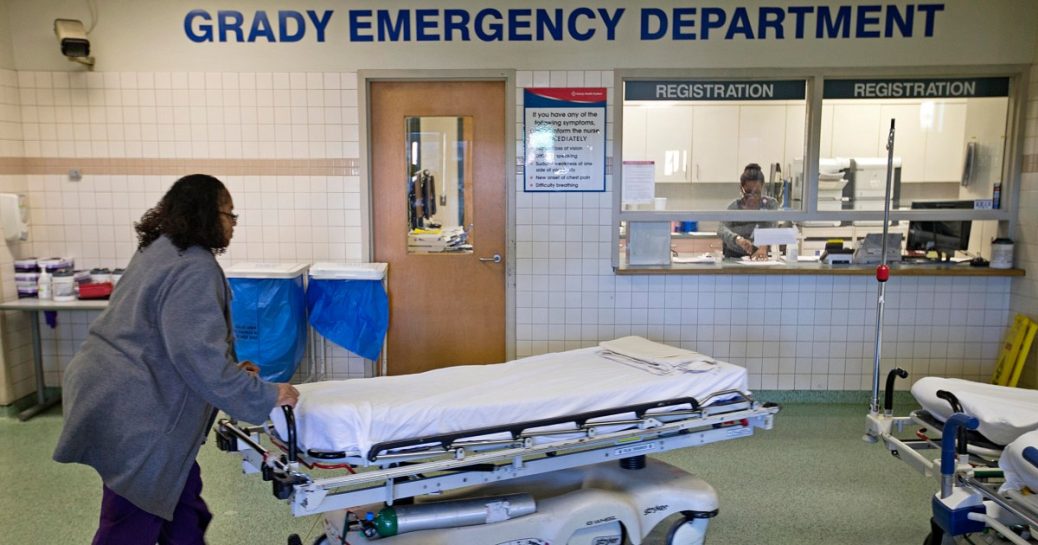

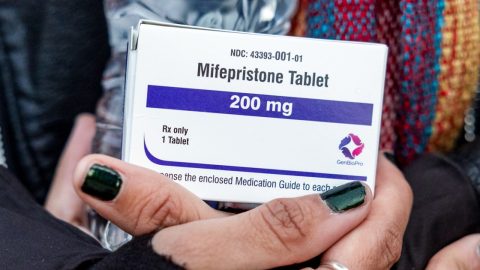
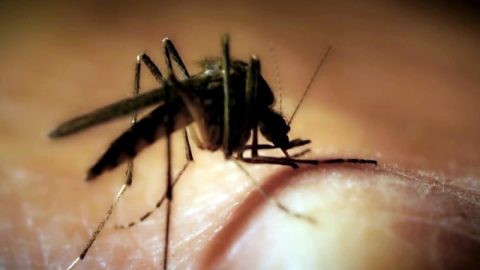

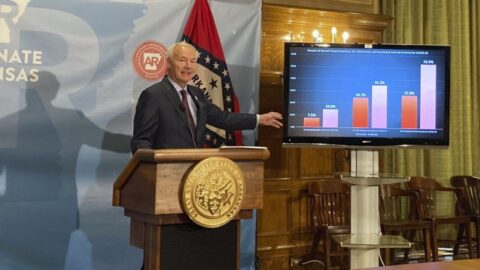
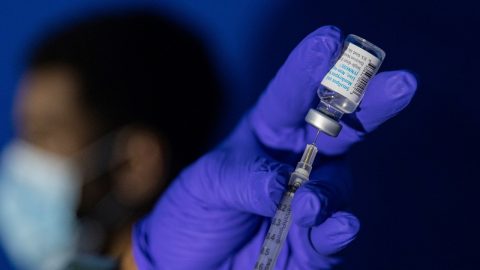


Recent Comments